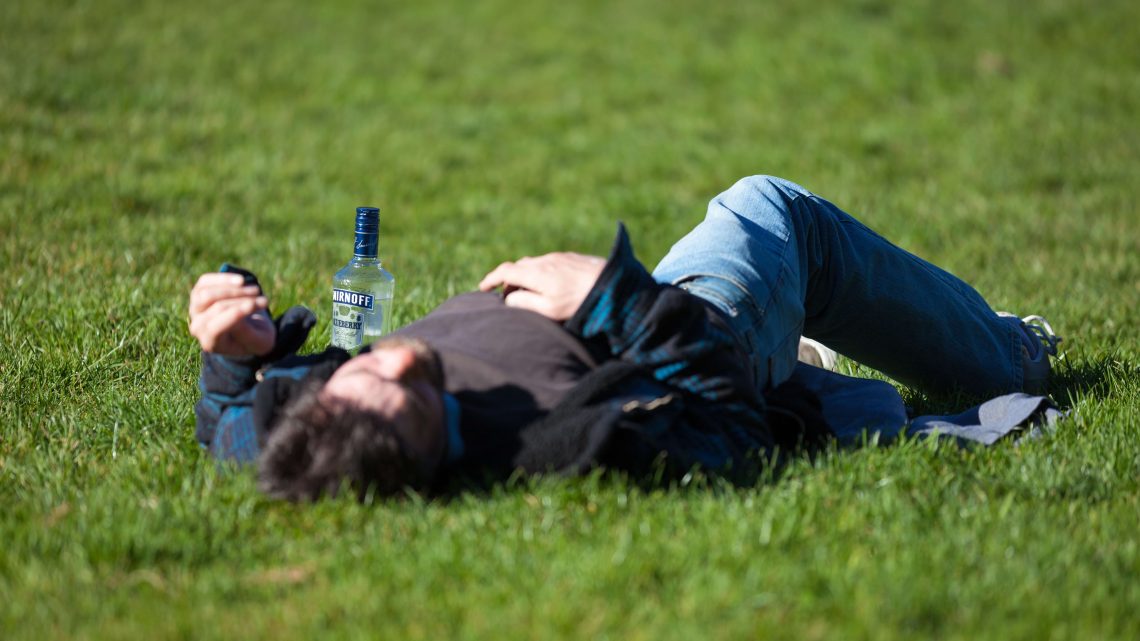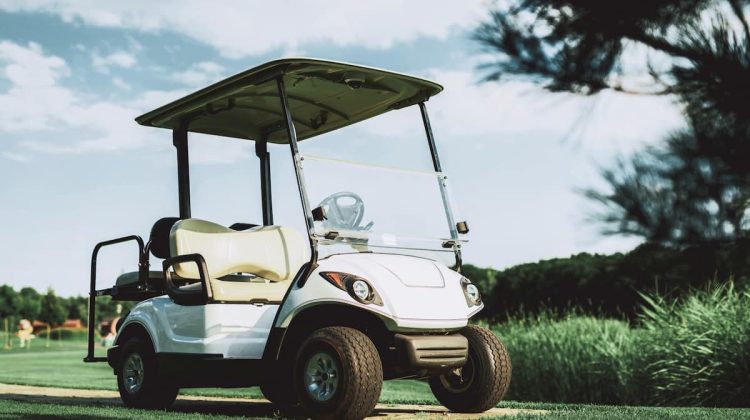Every U.S. state has laws explicitly forbidding the use of a motor vehicle or motorcycle while impaired or under the influence of alcohol. As shown in a previous article written for Safer America, impaired driving contributes to many serious accidents each year. Thus, the penalties for breaking a state’s driving under the influence (DUI) or driving while impaired / intoxicated (DWI) laws can be incredibly serious, ranging from hefty fines to mandatory jail time. In most circumstances, riding an electronic scooter while drunk will result in a conviction under the applicable DUI / DWI laws, since an e-scooter is considered a form of electronic vehicle.
However, you may rightfully be wondering how the laws pertain to a regular bicycle. After all, a traditional bicycle is not a motorized vehicle. For a DUI / DWI conviction, many state laws specify that the defendant must be operating a motor vehicle; take, for example, Arizona Revised Statutes 28-1381(A)(1), which reads in part: “It is unlawful for a person to drive or be in actual physical control of a vehicle in this state while under the influence of intoxicating liquor.” How do the laws account for impaired bicycle riding? Read on to learn more.
Why is Riding a Bicycle While Drunk or Impaired Dangerous?
Before getting into the legal technicalities of how impaired cycling can be punished in the U.S., we wanted to cover some of the main reasons you should never bike while drunk or otherwise impaired. Doing so can risk your well-being, along with the health of other bikers, pedestrians, and motorists. Some of the dangers of drunk biking include the following:
You’re More Likely to Take Risks
When you’re under the influence of alcohol or another intoxicant, you’re less likely to take normal precautions, such as wearing a safe biking helmet. Bikers who ride without a helmet are far more likely to suffer serious harm, such as brain or spinal injuries, in a crash. When biking, you should always wear a helmet and highly visible clothing, particularly if you’re riding at night or in a poorly-lit area.
Your Judgement & Reaction Time May be Compromised
When you’re impaired, your reaction times are likely significantly slower than normal, and you may find it challenging to maintain your balance on a wobbly bicycle. You may be unable to react to dangerous situations in time to protect yourself or respect the right of way of other bikers or motorists.
You’re More Likely to Get into a Wreck
A significant number of bicyclists that are killed or injured in collisions across the U.S. annually are impaired. According to research put together by Johns Hopkins University, having a blood alcohol concentration (BAC) or 0.08 or higher increases a bicyclist’s risk of injury by 2,000%.
Is it Possible to Get a DUI or DWI for Drunk Biking?
Now that we’ve covered some of the main reasons you shouldn’t drink and bike, let’s move on to discussing whether you can be charged with DUI for operating a non-motorized bicycle while impaired. Depending on how your state’s DUI and DWI laws are framed, it may be possible to be charged with such an offense while biking drunk. When a state’s laws explicitly apply only to motor vehicles, it’s unlikely that a drunk biker would be successfully charged with a DUI. However, courts have previously interpreted vague state DUI laws to encompass non-motorized bicycles, even when such litigation only directly banned the use of “vehicles” while impaired.
Some states, such as California, have implemented biking under the influence laws. In such a case, drunk bikers would be charged with biking under the influence rather than DUI. Similarly to DUI laws, the punishments for biking under the influence can include fines, jail or prison time, or a combination of penalties.
Which States Have a DUI Law That Applies to Bicyclists?
We’ve put together a chart of which states have a DUI law that applies to both motorists and traditional bikers. Keep in mind that, even if a drunk biker is not charged with a DUI or DWI, they may be stopped for public intoxication or another criminal offense. Laws are subject to change, so be sure to review your state’s specific laws regarding biking under the influence.
| State | Does the State DUI Law Apply to Bikers? | Are There Other Applicable Laws? |
| Alabama | Yes | N/A |
| Alaska | No | N/A |
| Arizona | No | N/A |
| Arkansas | Possibly, since bikers have the same duties as motorists | N/A |
| California | No | Biking Under the Influence Law |
| Colorado | Yes | N/A |
| Connecticut | Yes | N/A |
| Delaware | No | Biking Under the Influence Law |
| D.C. | Yes | N/A |
| Florida | Yes | N/A |
| Georgia | Yes | N/A |
| Hawaii | Yes | N/A |
| Idaho | Yes | N/A |
| Illinois | No | N/A |
| Indiana | Yes | N/A |
| Iowa | No | N/A |
| Kansas | No | N/A |
| Kentucky | No | Law Against Use of Non-Motorized Vehicles While Impaired |
| Louisiana | No, by court ruling | N/A |
| Maine | No | N/A |
| Maryland | Yes | N/A |
| Massachusetts | No | N/A |
| Michigan | No | N/A |
| Minnesota | No | N/A |
| Mississippi | Yes | N/A |
| Missouri | No | N/A |
| Montana | No | N/A |
| Nebraska | No | N/A |
| Nevada | No | N/A |
| New Hampshire | Yes | N/A |
| New Jersey | No | N/A |
| New Mexico | No | N/A |
| New York | No | N/A |
| North Carolina | Yes | N/A |
| North Dakota | Yes | N/A |
| Ohio | Yes | N/A |
| Oklahoma | No | N/A |
| Oregon | Yes | N/A |
| Pennsylvania | Yes | N/A |
| Rhode Island | Yes | N/A |
| South Carolina | No | N/A |
| South Dakota | Yes, specifically naming bicycles | N/A |
| Tennessee | No | N/A |
| Texas | Possibly, depends on court ruling | N/A |
| Utah | Yes, but rarely enforced on cyclists | No driver’s license penalty for drunk biking |
| Vermont | No | N/A |
| Virginia | No | N/A |
| Washington | No, by court ruling | Police may offer to take an impaired bicyclist to a safe location and / or impound their bicycle if they are a risk to public safety |
| West Virginia | No | N/A |
| Wisconsin | No | N/A |
| Wyoming | Yes | N/A |
When in Doubt, Don’t Bike
Biking under the influence can put your life at risk and jeopardize the safety of others sharing the road. The legal team at the Rosenstein Law Group in Scottsdale warns that a DUI conviction can come with steep monetary costs and lifelong consequences. When in doubt, it’s always best to use a rideshare service, call a friend to pick you up, or find a safe place to sober up before getting back on your bicycle.



No Comment